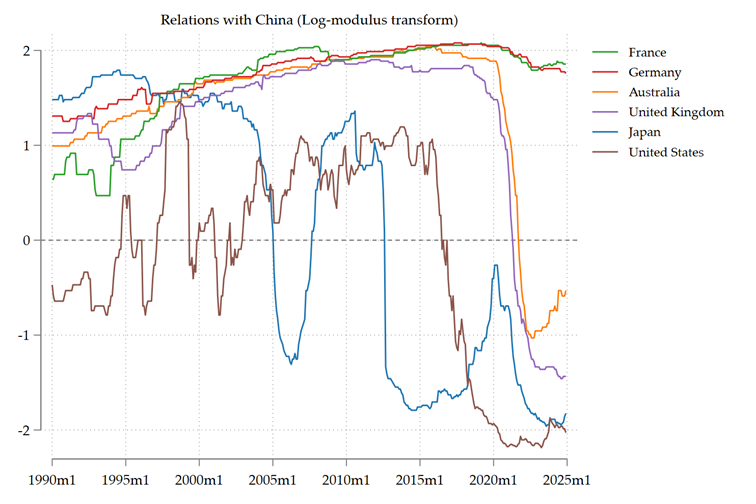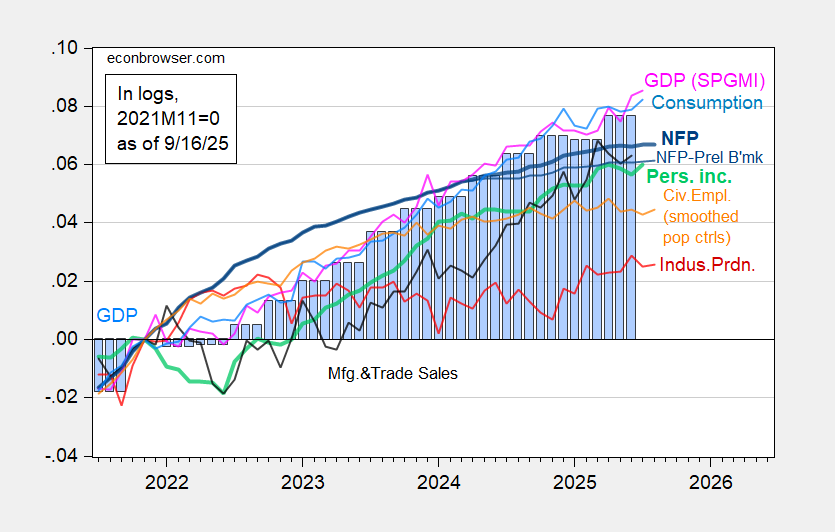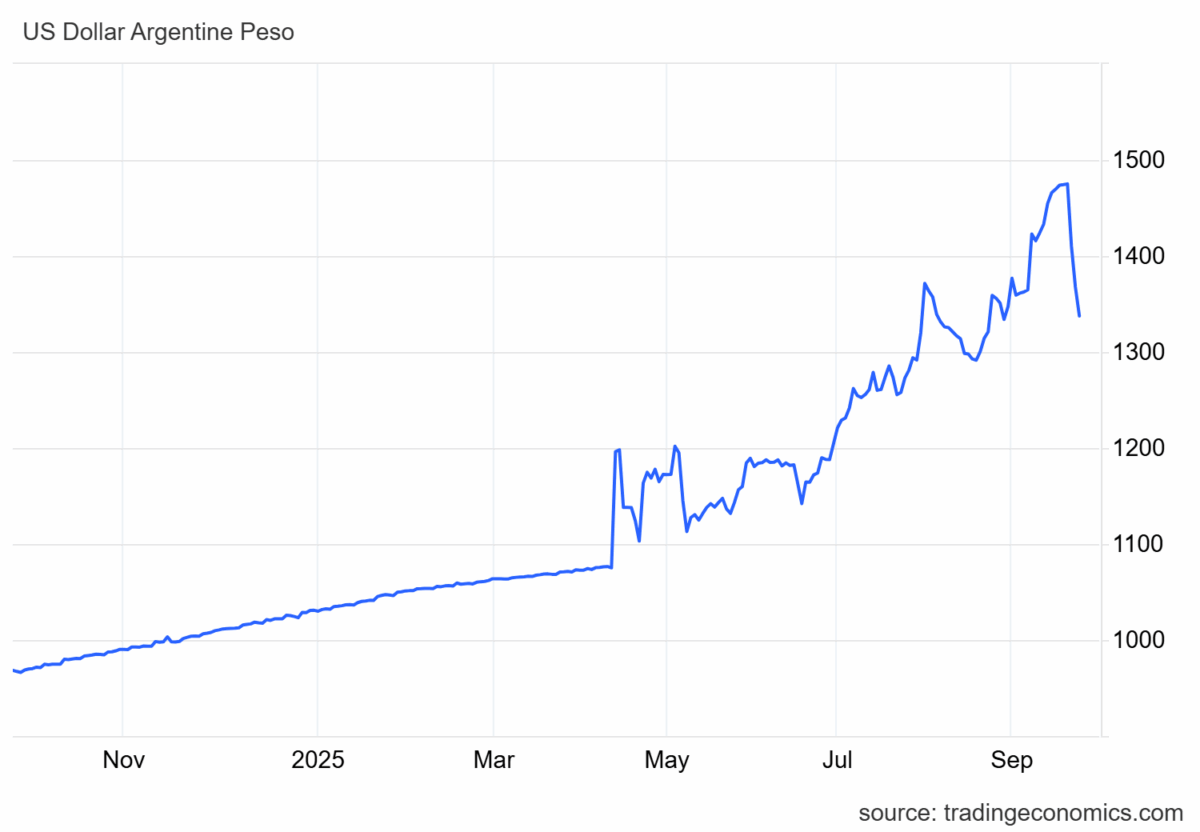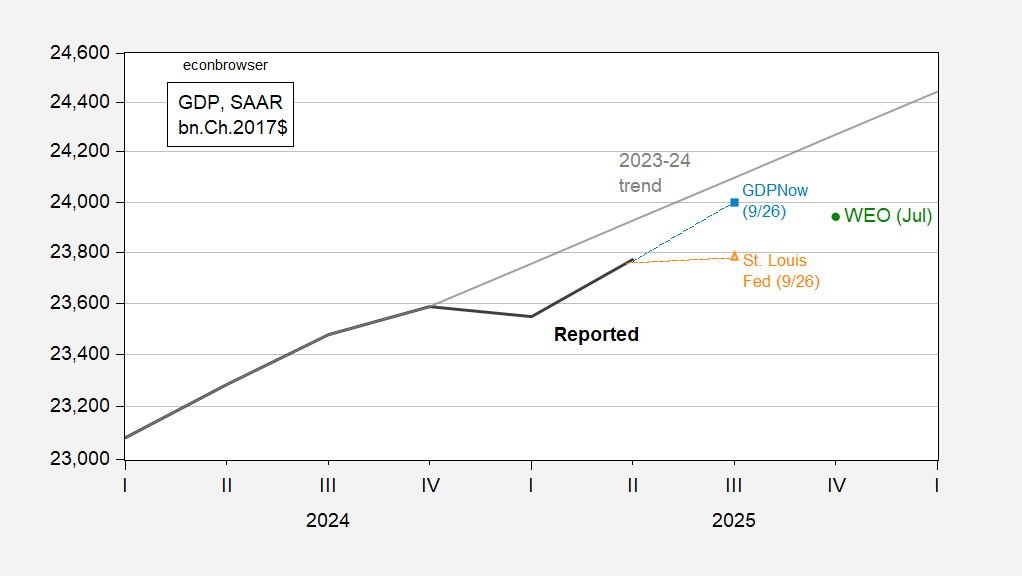
In the realm of international relations, the connections between nations are often shaped by a complex web of strategic alliances and geopolitical dynamics. A significant focus recently has been the evolving relationships between the UK, Australia, and China, particularly in the context of ongoing tensions between the United States and China. As we delve into these dynamics, it’s crucial to recognize that the nature of these relationships can fluctuate based on myriad factors, including diplomatic negotiations, economic partnerships, and strategic alignments.
At the core of these discussions is the concept of Granger causality, which posits that a preceding event can influence subsequent occurrences. While this principle, expressed in the Latin phrase “post hoc ergo propter hoc” — meaning “after this, therefore because of this” — is often debated among economists, it has valuable implications in analyzing diplomatic relations. In my recent research, I explore these intricate relationships through a lens that considers geopolitical turning points and their impacts on international trade dynamics.
Utilizing a monthly database of geopolitical relations maintained by political scientists at Tsinghua University, I examined interactions with China’s twelve primary trade partners. This data reveals a clear trend: nations exhibit varying degrees of strategic alliances that shape their diplomatic relations with China. For example, while the US and Japan have experienced fluctuating ties, countries like Indonesia, Vietnam, Pakistan, and Russia have maintained stable and positive relationships with China. Conversely, recent years have seen deteriorating relations for Australia and the UK, alongside some improvement for Germany and France.
As we analyze the current state of UK and Australia relations with China in light of US-China tensions, it is essential to employ robust analytical methods. By utilizing local projection techniques and examining long-differenced data as recommended by Pilger and Stockwell (2025), we can gain insight into how these nations are reacting to shifts in the US-China relationship.
The latest data indicate a noteworthy evolution in these relationships from 2022 to 2024. Specifically, there has been a marked stabilization in China’s relations with France and Germany, modest improvements with Japan and the US, and a significant resurgence in Australia’s relationship with China. Such findings suggest a landscape where geopolitical alliances are continually in flux, responding to external pressures and internal policy shifts.
In Asia, relationships between China and its regional partners remain predominantly stable, although there are notable exceptions. For instance, tensions between China and India have escalated, highlighted by concerns over water resource management related to the Brahmaputra River. These fluctuations underscore the importance of regional stability and the delicate balance that nations must navigate in their foreign policies.
To further explore these dynamics, I implemented a VAR(7) model to assess how improvements in US-China relations influence the UK and Australia’s ties with China. The analysis reveals a clear pattern: as the US-China relationship improves, there is a corresponding enhancement in the diplomatic relations of both the UK and Australia with China. This trend indicates a form of alliance behavior, where nations align their diplomatic strategies in response to the actions of a leading global power.
While the reverse causality was tested to ascertain whether improved UK-China or Australia-China relations could lead to a shift in US-China dynamics, the findings did not support this hypothesis. This lack of reciprocal influence suggests that the primary driver of these relationships is the dominant role of the US in shaping global geopolitical frameworks.
In conclusion, the data presented affirms that we are indeed living in a world characterized by military and diplomatic alliances. The behavior observed among the UK, Australia, and the US in their dealings with China reflects a broader trend of alignment that appears to precede the formation of military agreements such as the AUKUS alliance. As nations navigate these turbulent waters, it is evident that strategic relationships will continue to evolve, influenced by a myriad of factors that shape the global political landscape.
For those interested in further reading, I encourage exploring the works of Pilger and Stockwell on local projections, as well as the implications of geopolitical alliances on macroeconomic volatility. Understanding these dynamics will be ever more crucial as we move forward in an increasingly interconnected world.


